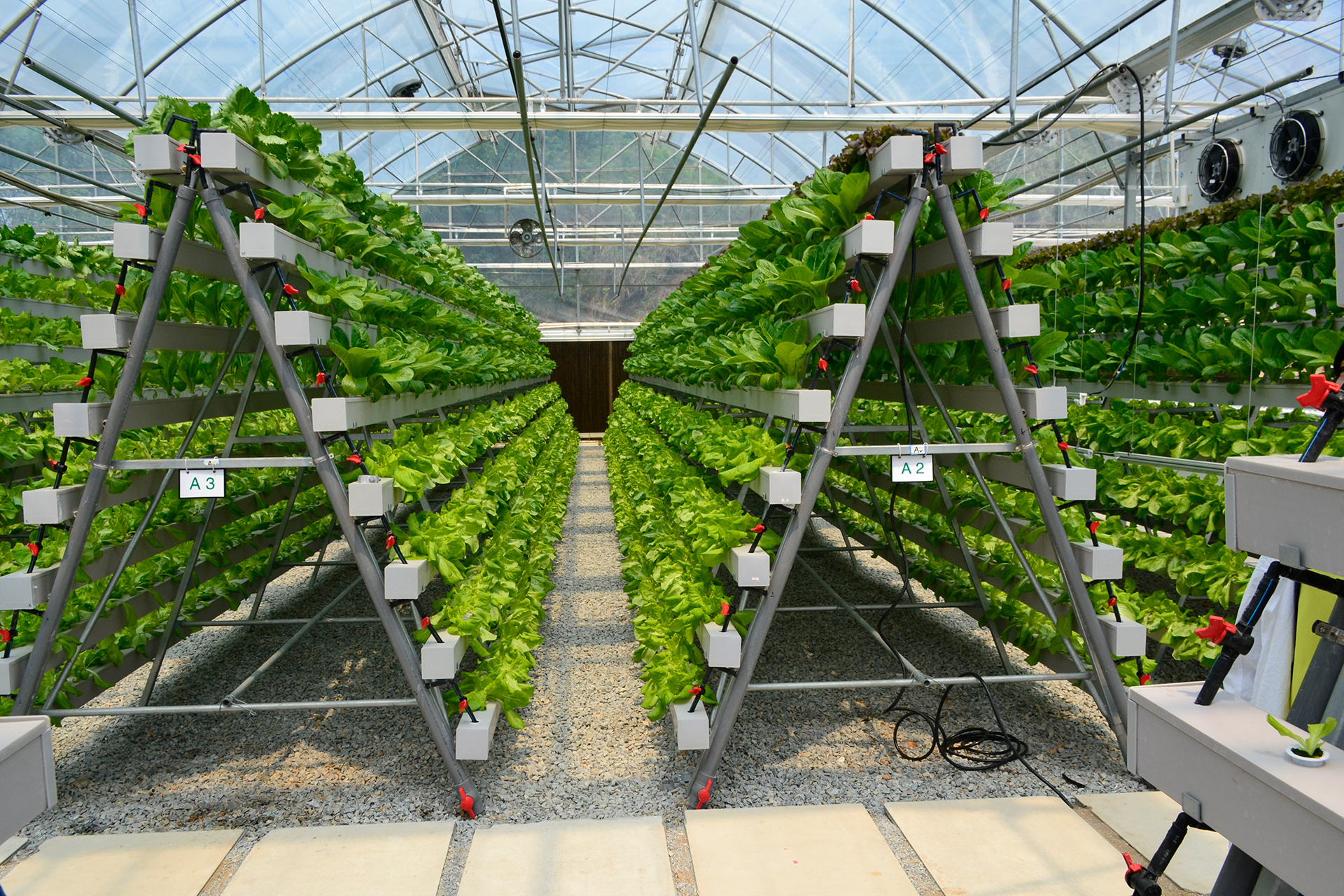Unlocking the Potential of Advanced Polytunnel Greenhouses in Modern Agriculture
Release time:
Jun 08,2025
Summary:In the realm of modern agriculture, the advanced polytunnel greenhouse has emerged as a revolutionary tool for farmers and gardeners alike. A polytunnel greenhouse is essentially a series of flexible plastic-covered tunnels that create a controlled environment ideal for plant growth. Unlike traditional greenhouses made of glass, advanced polytunnel greenhouses utilize high-quality polyethylene fil
In the realm of modern agriculture, the advanced polytunnel greenhouse has emerged as a revolutionary tool for farmers and gardeners alike. A polytunnel greenhouse is essentially a series of flexible plastic-covered tunnels that create a controlled environment ideal for plant growth. Unlike traditional greenhouses made of glass, advanced polytunnel greenhouses utilize high-quality polyethylene films, which are not only lightweight but also provide excellent insulation and UV protection.
One of the primary advantages of an advanced polytunnel greenhouse is its ability to extend the growing season. By trapping heat and protecting crops from harsh weather conditions, these structures allow farmers to start planting earlier in the spring and continue harvesting later into the fall. This extended season can significantly increase crop yields, providing a critical advantage in today’s competitive market.
Additionally, advanced polytunnel greenhouses enable better control over environmental factors such as humidity, temperature, and light levels. This control facilitates the growth of a diverse range of plants, including vegetables, fruits, and flowers, regardless of external climatic conditions. The ability to manipulate these factors promotes healthier plants and can lead to higher quality produce.
Another notable benefit is the reduction of pest and disease pressure. The physical barrier created by the polytunnel helps to keep many pests at bay, reducing the need for chemical pesticides and promoting more sustainable farming practices. This is increasingly important as consumers become more health-conscious and demand produce grown with fewer chemicals.
Moreover, advanced polytunnel greenhouses can be equipped with technology to monitor and manage plant health. For instance, automated irrigation systems and climate control sensors can optimize water usage and maintain ideal growing conditions, further enhancing productivity. This integration of technology not only maximizes efficiency but also supports eco-friendly practices by minimizing resource wastage.
Furthermore, the versatility of advanced polytunnel greenhouses makes them suitable for various agricultural models, from small-scale family farms to large commercial operations. They can be used for organic farming, hydroponics, and even aquaponics, broadening the scope of possibilities for farmers looking to innovate.
In summary, advanced polytunnel greenhouses are a vital resource in contemporary agriculture. Their ability to extend the growing season, control environmental conditions, reduce pest pressure, and integrate technology makes them indispensable for farmers aiming for sustainability and productivity. As the agricultural landscape continues to evolve, embracing advanced polytunnel greenhouses could be the key to unlocking greater potential in food production, ensuring a more secure and sustainable future for agriculture.
One of the primary advantages of an advanced polytunnel greenhouse is its ability to extend the growing season. By trapping heat and protecting crops from harsh weather conditions, these structures allow farmers to start planting earlier in the spring and continue harvesting later into the fall. This extended season can significantly increase crop yields, providing a critical advantage in today’s competitive market.
Additionally, advanced polytunnel greenhouses enable better control over environmental factors such as humidity, temperature, and light levels. This control facilitates the growth of a diverse range of plants, including vegetables, fruits, and flowers, regardless of external climatic conditions. The ability to manipulate these factors promotes healthier plants and can lead to higher quality produce.
Another notable benefit is the reduction of pest and disease pressure. The physical barrier created by the polytunnel helps to keep many pests at bay, reducing the need for chemical pesticides and promoting more sustainable farming practices. This is increasingly important as consumers become more health-conscious and demand produce grown with fewer chemicals.
Moreover, advanced polytunnel greenhouses can be equipped with technology to monitor and manage plant health. For instance, automated irrigation systems and climate control sensors can optimize water usage and maintain ideal growing conditions, further enhancing productivity. This integration of technology not only maximizes efficiency but also supports eco-friendly practices by minimizing resource wastage.
Furthermore, the versatility of advanced polytunnel greenhouses makes them suitable for various agricultural models, from small-scale family farms to large commercial operations. They can be used for organic farming, hydroponics, and even aquaponics, broadening the scope of possibilities for farmers looking to innovate.
In summary, advanced polytunnel greenhouses are a vital resource in contemporary agriculture. Their ability to extend the growing season, control environmental conditions, reduce pest pressure, and integrate technology makes them indispensable for farmers aiming for sustainability and productivity. As the agricultural landscape continues to evolve, embracing advanced polytunnel greenhouses could be the key to unlocking greater potential in food production, ensuring a more secure and sustainable future for agriculture.
Related Information
AI+ Agriculture: Discuss its present, challenges and future
With the development and popularization of artificial intelligence (AI) technology, the agricultural industry is ushering in a new change, and agriculture has gradually transformed from a traditional labor-intensive industry to a high-tech industry.
Jun 18,2024
Causes and solutions of strawberry albino fruit
Strawberry albino fruit is a very common physiological disease on strawberries. Strawberry albino fruit generally small fruit, fruit ripening after chlorosis can not be colored normally.
Jun 18,2024
Smart Greenhouse Global Opportunity Analysis and Industry, 2020-2027
Smart greenhouse is a farming technique, which helps user to monitor and control the growth condition of the plant and to optimize the growing process of the plants.
Jun 18,2024
Industry Information

